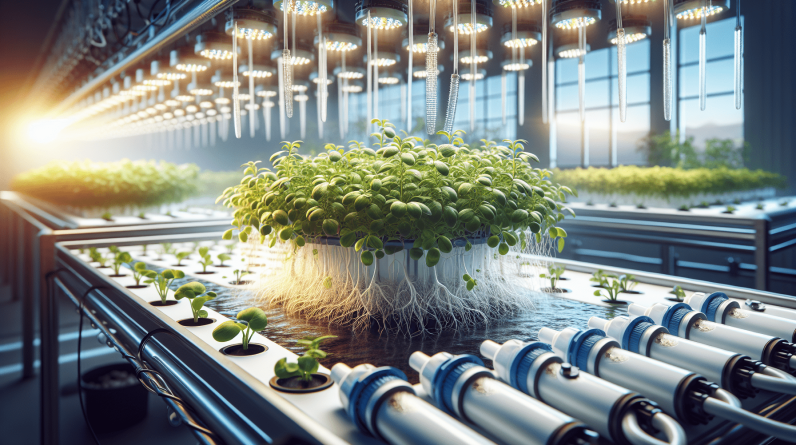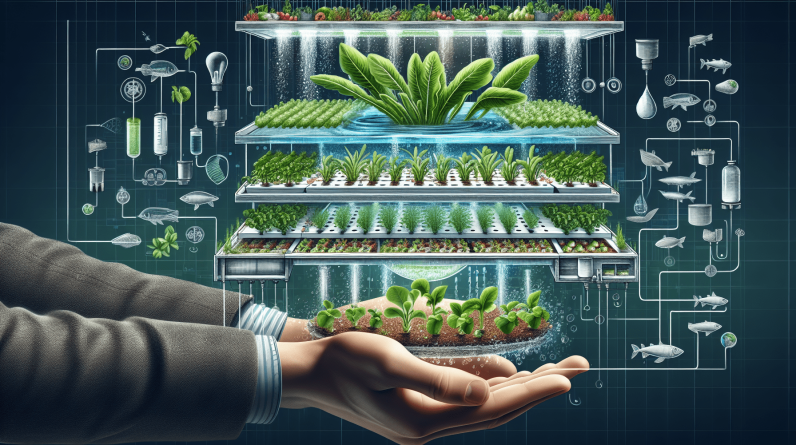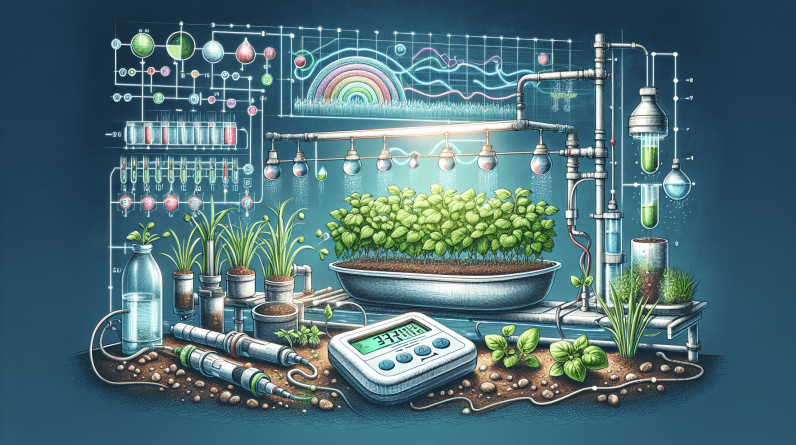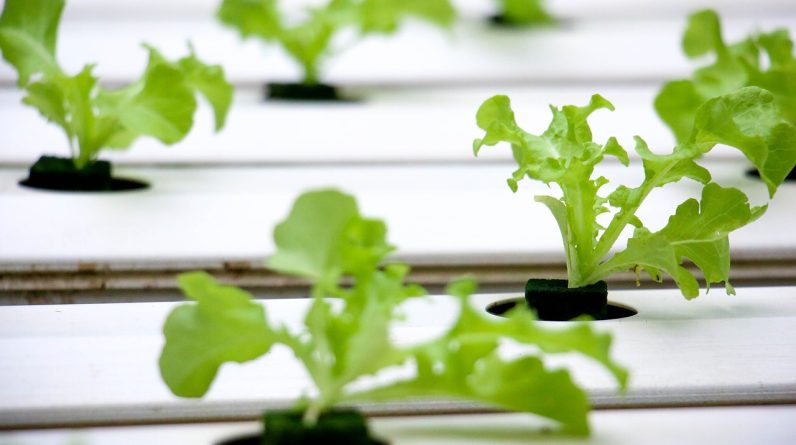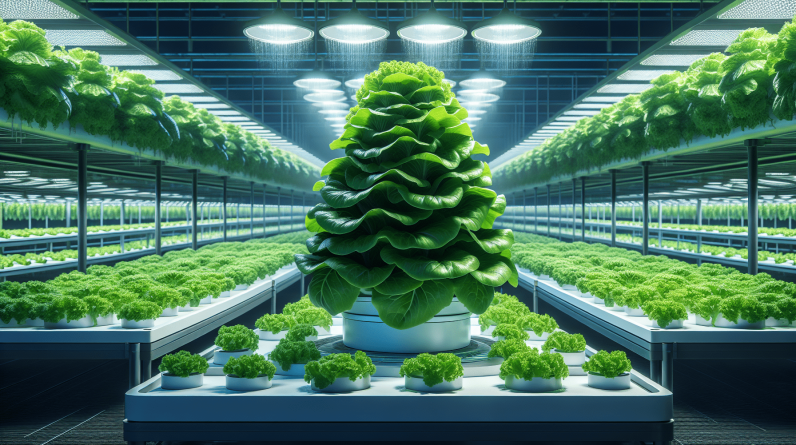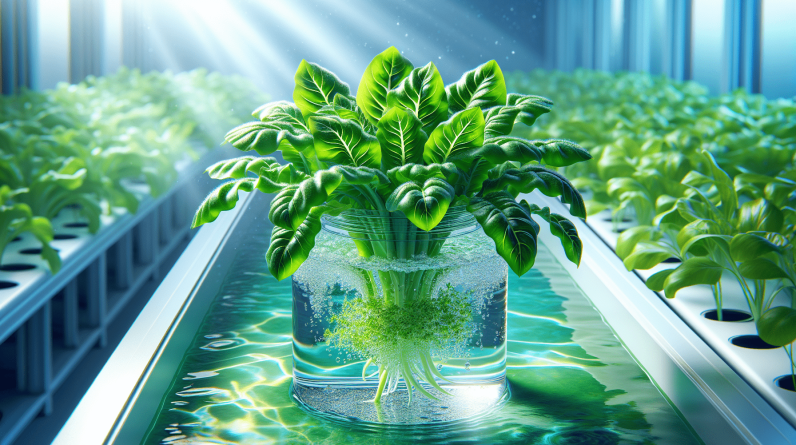
Are you looking to maintain the water quality in your hydroponic system?
Hydroponic systems offer a unique way to grow plants, but maintaining water quality is crucial for success. Thankfully, there are several key maintenance tips that can help you ensure your hydroponic water remains clean and nutrient-rich. By following these recommendations, you can promote healthy plant growth and maximize your yields. Let’s dive into the top maintenance tips for hydroponic water quality.
Understanding the Importance of Water Quality in Hydroponic Systems
Maintaining proper water quality is essential for the success of your hydroponic garden. The water in your system acts as a carrier for essential nutrients that plants need to thrive. Without high-quality water, your plants may not receive the nutrients they require for healthy growth. Poor water quality can also lead to the buildup of harmful pathogens and mineral deposits, hindering plant development. By prioritizing water quality maintenance, you can create an optimal growing environment for your hydroponic plants.
Why is water quality important in hydroponics?
Ensuring that the water in your hydroponic system is clean and well-balanced is essential for providing your plants with the necessary nutrients. Poor water quality can hinder nutrient uptake and lead to stunted growth, nutrient deficiencies, and pest infestations. By maintaining optimal water quality, you can promote healthy plant growth and increase yields.
Regular Monitoring of Water Parameters
One of the most crucial maintenance tasks in hydroponic gardening is regular monitoring of water parameters. Monitoring key parameters such as pH levels, electrical conductivity (EC), and nutrient concentrations is essential for ensuring that your plants receive the right balance of nutrients. By keeping a close eye on these parameters, you can make timely adjustments to maintain optimal water quality and support healthy plant growth.
How often should you monitor water parameters in a hydroponic system?
It is recommended to monitor water parameters in your hydroponic system on a daily basis. By regularly assessing pH levels, EC, and nutrient concentrations, you can quickly identify any imbalances and take corrective action before they impact plant health. Keeping a consistent monitoring schedule is key to preventing nutrient deficiencies and other issues.
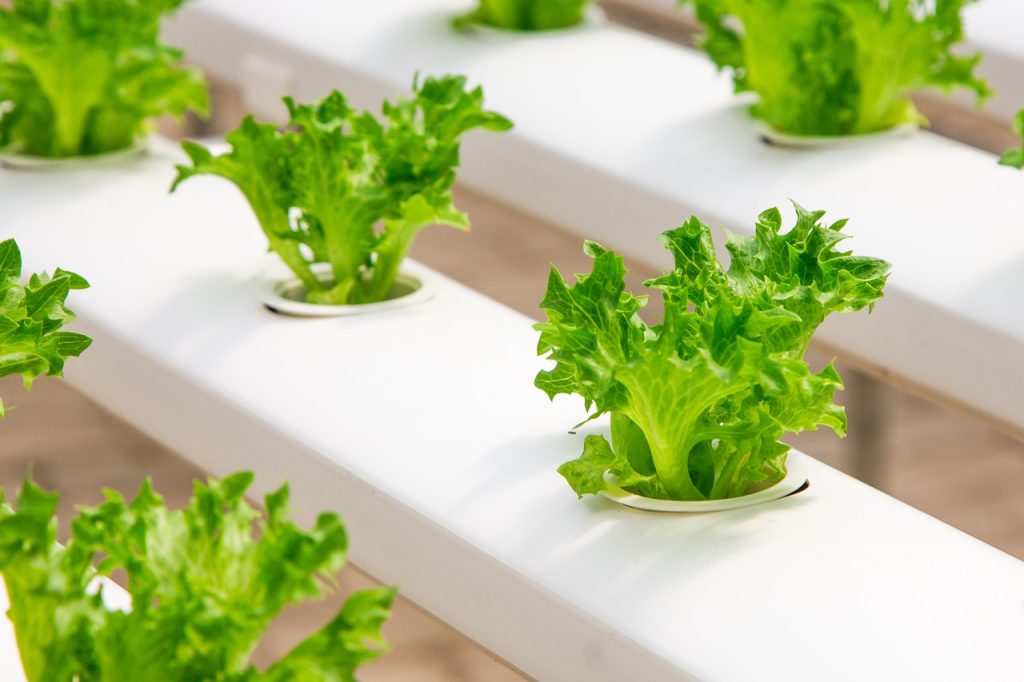
Adjusting pH Levels for Optimal Plant Growth
Maintaining the correct pH levels in your hydroponic system is crucial for nutrient uptake and plant health. Most plants prefer a slightly acidic environment, with a pH range between 5.5 and 6.5. Monitoring and adjusting pH levels regularly will ensure that your plants can access essential nutrients and prevent nutrient lockout. By keeping pH levels within the ideal range, you can promote healthy root development and overall plant growth.
How do you adjust pH levels in a hydroponic system?
To adjust pH levels in your hydroponic system, you can use pH up or pH down solutions. Begin by measuring the current pH of your water and then slowly add the appropriate solution to bring it into the desired range. Regularly monitor pH levels and make adjustments as needed to maintain optimal conditions for plant growth. Be sure to follow the manufacturer’s instructions when using pH adjustment solutions.
Managing Electrical Conductivity (EC) for Nutrient Balance
Electrical conductivity (EC) is a measure of the total dissolved salts in your hydroponic water, representing the nutrient concentration available to your plants. Monitoring and managing EC levels is essential for ensuring that your plants receive the right balance of nutrients. High EC levels can lead to nutrient imbalances and potentially harm plant health, while low EC levels may result in nutrient deficiencies. By maintaining an optimal EC range, you can promote healthy plant growth and prevent nutrient-related issues.
How do you measure and manage EC levels in a hydroponic system?
To measure EC levels in your hydroponic system, you can use a handheld EC meter. Simply immerse the probe in the water to obtain a reading of the dissolved salt content. Regularly monitor EC levels and adjust nutrient concentrations to maintain an optimal balance for plant growth. Be sure to follow recommended guidelines for nutrient solutions and avoid exceeding the ideal EC range to prevent nutrient imbalances.
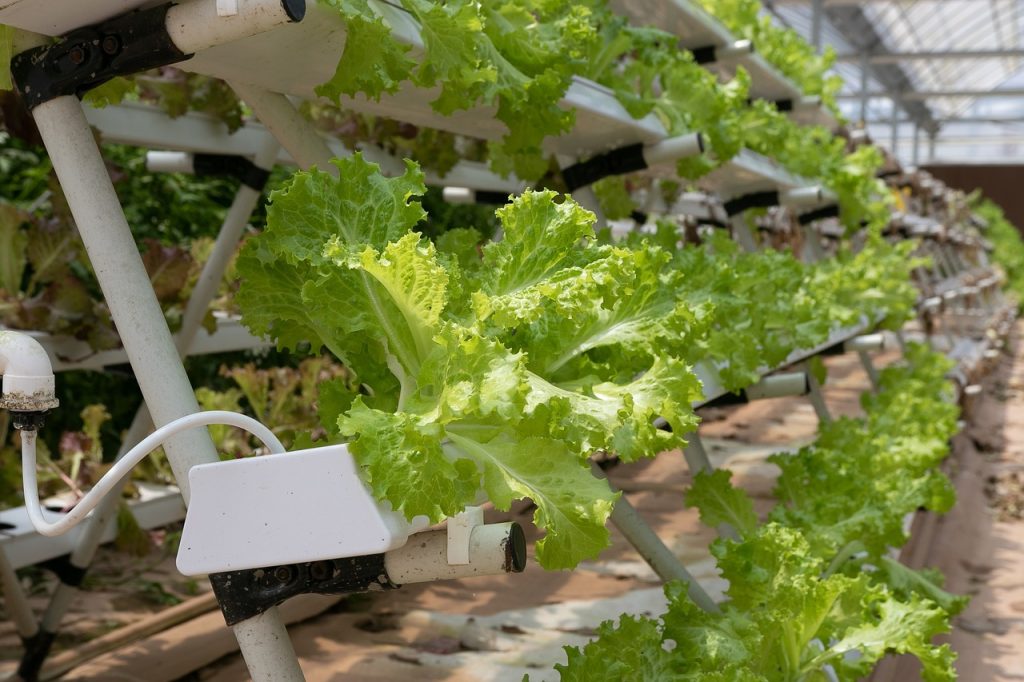
Ensuring Proper Nutrient Balance in Hydroponic Systems
Maintaining a proper nutrient balance in your hydroponic system is essential for promoting healthy plant growth and maximizing yields. Different plant varieties require specific nutrient formulations to thrive, so it’s essential to select nutrient solutions tailored to your plants’ needs. By regularly monitoring and adjusting nutrient concentrations based on plant growth stages, you can provide your plants with the essential nutrients they need for optimal development.
How do you ensure proper nutrient balance in a hydroponic system?
To ensure proper nutrient balance in your hydroponic system, start by selecting a high-quality nutrient solution designed for hydroponic gardening. Follow the manufacturer’s instructions for mixing and application to provide your plants with the right balance of macronutrients and micronutrients. Monitor nutrient concentrations regularly and adjust as needed based on plant growth stage and environmental conditions. By maintaining proper nutrient balance, you can support healthy plant growth and maximize your harvest.
Preventing Algae Growth and Biofilm Formation
Algae growth and biofilm formation can be common issues in hydroponic systems, leading to nutrient competition, clogged irrigation lines, and decreased oxygen levels in the water. Preventing algae growth and biofilm formation is essential for maintaining water quality and promoting healthy plant growth. By implementing preventive measures such as light exclusion, regular system cleaning, and proper nutrient management, you can minimize the risk of algae and biofilm in your hydroponic system.
How can you prevent algae growth and biofilm formation in a hydroponic system?
To prevent algae growth and biofilm formation in your hydroponic system, consider implementing the following strategies:
- Use light-resistant tubing or coverings to prevent light exposure to the nutrient solution.
- Regularly clean and sanitize system components to remove algae spores and biofilm buildup.
- Maintain proper nutrient balance and water circulation to discourage algae growth and promote plant health.
- Monitor water temperature and oxygen levels to prevent conditions favorable for algae and biofilm formation.
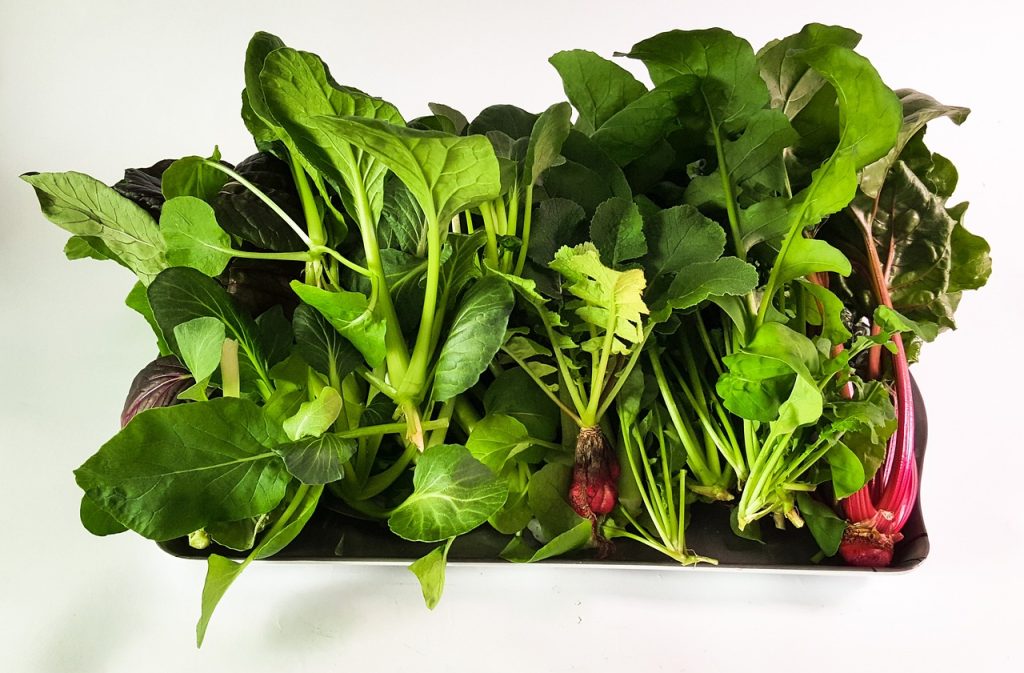
Checking and Maintaining Water Temperature
Water temperature plays a critical role in hydroponic systems, affecting nutrient uptake, plant metabolism, and overall plant health. Monitoring and maintaining the water temperature within an optimal range is essential for supporting healthy plant growth. High water temperatures can lead to decreased oxygen levels, root rot, and nutrient imbalances, while low temperatures can slow plant growth and nutrient uptake. By checking and adjusting water temperature regularly, you can create a favorable environment for your hydroponic plants.
How do you monitor and maintain water temperature in a hydroponic system?
To monitor water temperature in your hydroponic system, use a thermometer to regularly check the temperature of the nutrient solution. Keep the water temperature within the ideal range for plant growth, typically between 65-75°F (18-24°C) for most plant varieties. Implement measures such as using a chiller or heater, adjusting water circulation, and shading system components to regulate water temperature and maintain optimal conditions for plant growth.
Cleaning and Maintaining System Components
Regular cleaning and maintenance of system components are essential for ensuring the longevity and efficiency of your hydroponic system. Residue buildup, biofilm formation, and mineral deposits can hinder nutrient circulation and water quality, impacting plant health. By cleaning and sanitizing system components such as reservoirs, pumps, tubing, and grow trays regularly, you can prevent contamination and promote healthy plant growth.
How often should you clean and maintain system components in a hydroponic system?
It is recommended to clean and maintain system components in your hydroponic system on a weekly basis. Regularly check for residue buildup, biofilm formation, and mineral deposits in reservoirs, pumps, tubing, and grow trays. Clean and sanitize components using a mild detergent or disinfectant to prevent contamination and ensure optimal system performance. By incorporating regular cleaning into your maintenance routine, you can promote healthy plant growth and maximize yields.
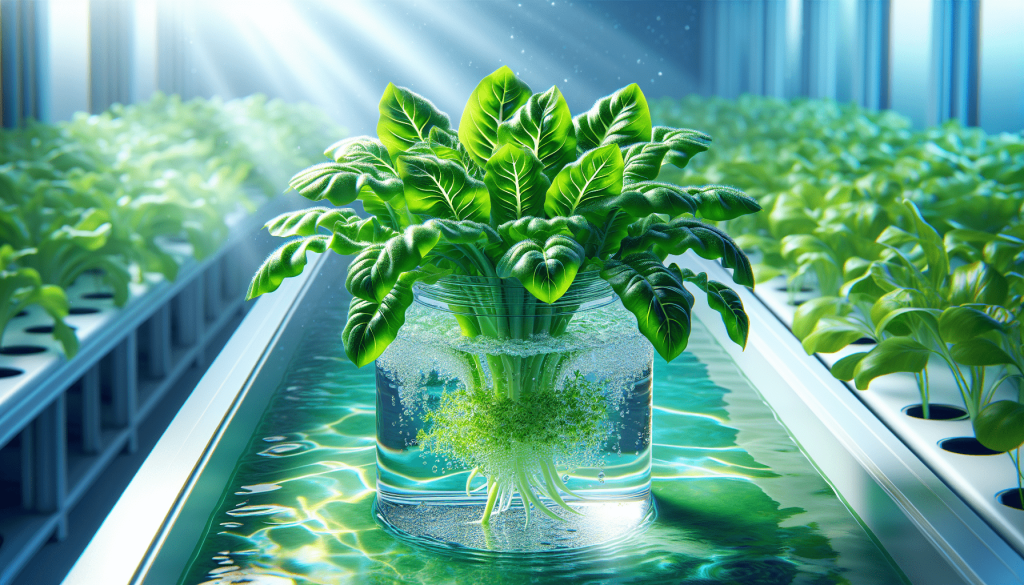
Implementing Proper Water Filtration and Aeration
Water filtration and aeration play crucial roles in maintaining water quality in hydroponic systems. Filtration systems help remove debris, sediment, and impurities from the water, preventing clogs in irrigation lines and reservoirs. Aeration systems introduce oxygen into the water, promoting root health, nutrient uptake, and beneficial microbial activity. By implementing proper water filtration and aeration methods, you can improve water quality and support healthy plant growth in your hydroponic system.
How can you implement proper water filtration and aeration in a hydroponic system?
To implement proper water filtration and aeration in your hydroponic system, consider the following strategies:
- Install a mechanical or biological filter to remove debris and impurities from the water.
- Use air stones, diffusers, or oxygen pumps to introduce oxygen into the water and promote root health.
- Regularly clean and maintain filtration and aeration components to ensure optimal performance.
- Monitor water quality parameters and adjust filtration and aeration systems as needed to maintain clean and oxygenated water for your plants.
Conclusion
Maintaining water quality in your hydroponic system is a crucial aspect of successful gardening. By following these top maintenance tips for hydroponic water quality, you can create an optimal growing environment for your plants and maximize your yields. Remember to regularly monitor water parameters, adjust pH and nutrient levels, prevent algae growth, check water temperature, clean system components, and implement proper filtration and aeration methods. With proper maintenance and care, you can enjoy healthy, thriving plants in your hydroponic garden.





